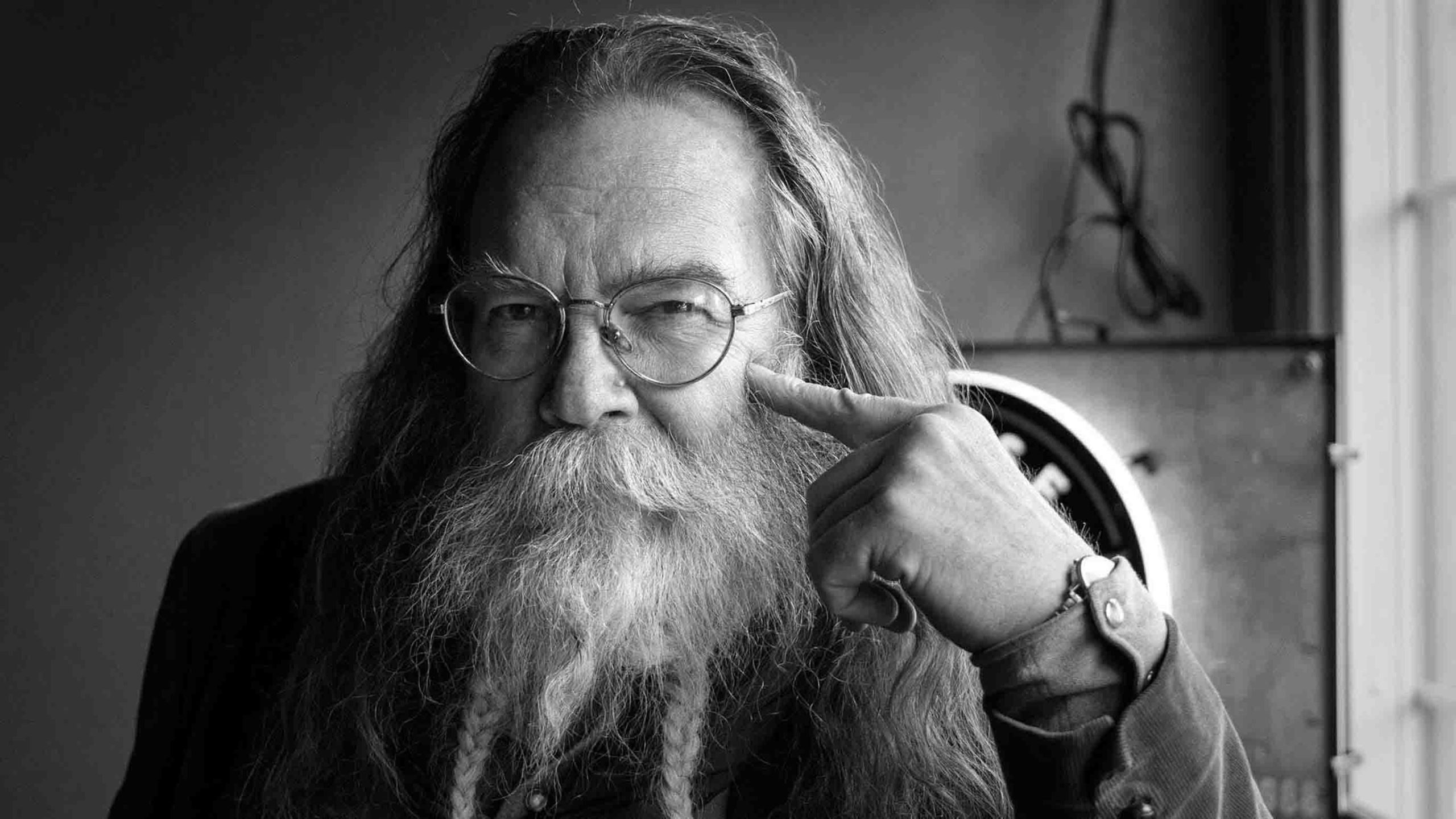Cormac McCarthy died on Tuesday. He introduced himself to me when I picked up the first volume of his Border Trilogy, “All The Pretty Horses," because I was fascinated by the cover.
It was a closely-cropped black-and-white winter photo of several horses’ necks and withers. They wore their coarse winter hair and their manes, roached in the summer, were growing out.
There was nothing pretty about the cover, it simply looked real. Just like McCarthy’s writing.
McCarthy first began writing about his home in the Tennessee River Valley. He made me feel the muggy air, smell the mud and slap at mosquitoes. “Suttree” was set there, and is my favorite of his books from that period.
He then moved to El Paso, and began writing about the country along the Texas/Mexico border. His Border Trilogy is the epic story of two young Texas cowboys whose lives intertwine with each other in the post-WWII American Southwest.
If you read all three, you will understand so much of what it is to be American – the struggle, heartbreak and inevitable triumph of young men trying to live free in a world that is closing in around them.
And the utter beauty of our language in the hands of a writer like McCarthy will make your breath catch in your chest.
Don’t read him if you want fairytale endings. Don’t read him if you want childhood myths about humans confirmed. Read him if you want slapped upside the head with the dark realities of life, and if you enjoy writing that even Hemingway never surpassed.
Years ago, I owned a bookstore in Cheyenne and I cut a deal with Jim Galvin, Wyoming author of “The Meadow."
I’d score Frontier Days tickets for him and his wife, and he’d do a reading in my bookstore.
Jim was a no-show that night but his wife offered to read instead. At the time, he was married to Jorie Graham, the sitting Pulitzer Prize winner for poetry. During her reading, Jorie told the audience in Joe Pages about the time she met Cormac McCarthy.
She got into an elevator in Seattle, and the only other person in the car was McCarthy. She said she felt like a slobbering groupie in his presence, tongue-tied and nervous. She finally stammered, “Mr. McCarthy, how do you write so many great books?”
He answered, “For every book I write, I read four hundred.”
That is obvious in his body of work. If you pay attention, you will learn how to make gunpowder from bat guano, volcanic dust and human urine. You’ll also learn how to make a wagonwheel, from the boxins and skeins, through the spokes and felloes.
And you’ll meet Judge Holden, the antagonist in “Blood Meridian," a seven-foot tall, albino embodiment of all that is evil in a man. When asked why he kept sketching the flora and fauna of the Southwest in his journal, Holden answered, “If I do not understand a thing, it does not have my permission to exist.”
McCarthy wrote long passages – three or four pages – exploring and detailing some moral dilemma faced by his characters. You’ll need to put the book down for a moment at that point. Your soul will feel wrung out, like a horse ridden too hard, too fast in a dry and uneven country.
I recently heard a friend say, “McCarthy’s writing is hard to like, but easy to love.”
Expect to be thrown off by his unusual punctuation, or lack thereof. And expect to learn how elegant the English language is in the hands of a master. He makes up his own words, like the rubymeated heart of a horse that throbs between your knees.
I used to wait like a kid at Christmas for McCarthy to come out with a new book every couple years or so. No more waiting for me. His work is done.
Rod Miller can be reached at: rodsmillerwyo@yahoo.com





